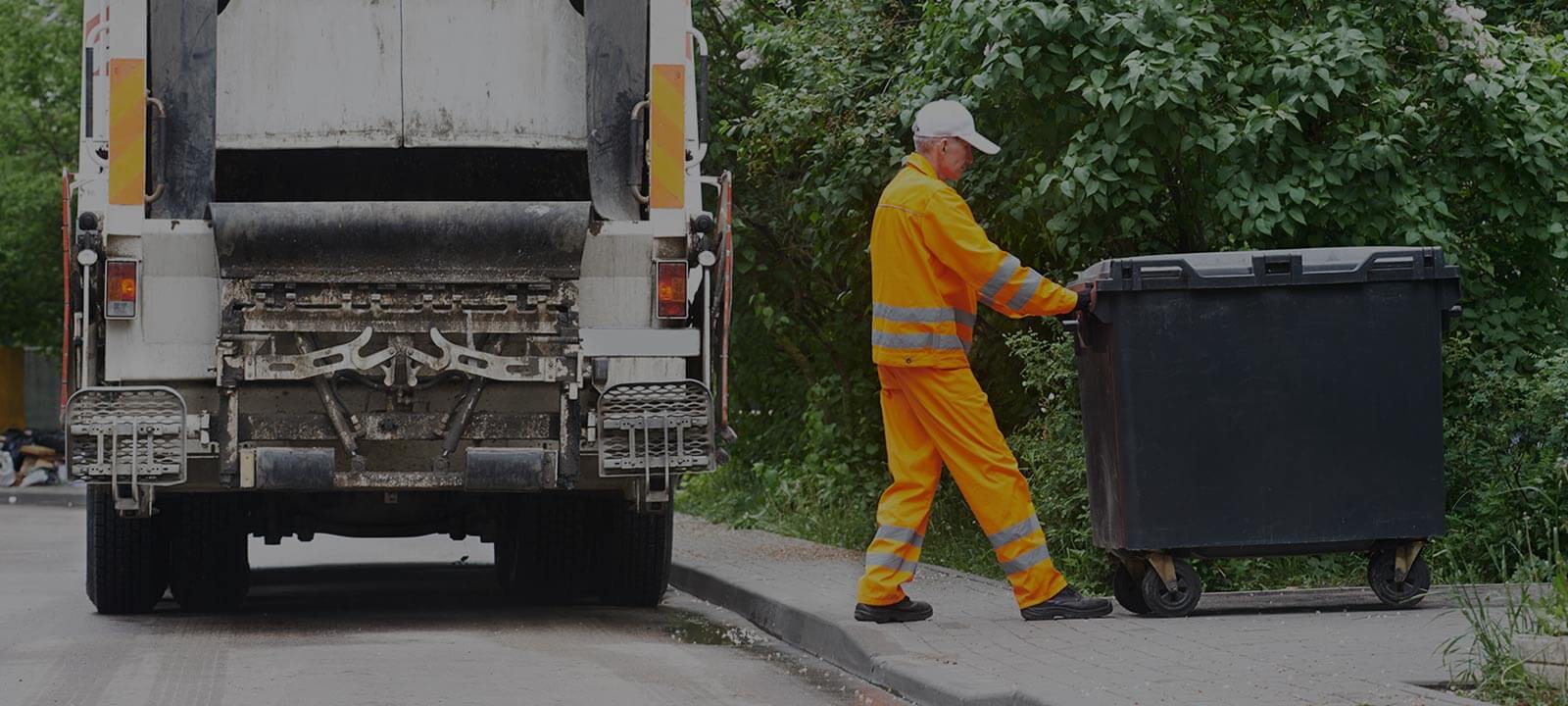Top Tips to Minimize Your Landfill Impact
Posted on 04/07/2025
Top Tips to Minimize Your Landfill Impact
Landfills are a significant environmental concern, contributing to pollution and greenhouse gas emissions. One of the most effective ways individuals and communities can contribute to environmental sustainability is by reducing the volume of waste that ends up in these massive waste disposal sites. In this article, we'll explore practical tips you can implement to minimize your landfill impact. These strategies encompass everything from waste reduction and recycling to community involvement and sustainable purchasing.
1. Embrace the 3 R's: Reduce, Reuse, and Recycle
The mantra of "Reduce, Reuse, Recycle" is fundamental when it comes to waste management. By applying these principles, you can significantly cut down the amount of waste that ends up in landfills.
Reduce
- Buy in Bulk: Purchasing items in bulk reduces the amount of packaging waste.
- Minimize Single-Use Items: Opt for reusable alternatives like metal straws instead of single-use plastic ones.
- Be Mindful of Consumption: Only buy what you really need to minimize waste.
Reuse
- Donate or Sell Unwanted Items: Items you no longer need can often be reused by someone else.
- Repair Instead of Replace: Fix broken items instead of tossing them out.
- Use Reusable Bags, Containers, and Bottles: These simple swaps can drastically reduce waste.
Recycle
- Understand Local Recycling Guidelines: Make sure you know what can and can't be recycled in your area.
- Clean and Sort Materials: Properly clean and sort recyclables to ensure they are processed effectively.
- Compost Organic Waste: Composting food scraps and yard waste can reduce the volume of trash you send to the landfill.

2. Opt for Sustainable Shopping
Your buying habits play a crucial role in waste production. By making sustainable choices, you can significantly minimize your landfill impact.
- Choose Products with Minimal Packaging: Look for items with recyclable or no packaging whenever possible.
- Buy Second-Hand: Purchase second-hand items to reduce the demand for new products and the waste associated with production and packaging.
- Support Eco-Friendly Brands: Companies that prioritize sustainability often use recyclable materials and ethical manufacturing practices.
3. Involve Your Community
Community involvement can enhance the impact of your waste reduction efforts. Collaborating with others creates a larger effect and fosters a sense of shared responsibility.
- Organize Clean-Up Drives: Group efforts to clean public spaces can help reduce litter and raise awareness about waste management.
- Start a Community Garden: Composting organic waste in a community garden can divert significant amounts of waste from landfills.
- Partner with Local Organizations: Work with local environmental groups to promote and implement waste reduction initiatives.
4. Understand Waste Management at the Source
Effective waste management starts with understanding what happens to waste after it leaves your home. This knowledge can reshape your habits and help you make better environmental choices.
- Learn About Your Local Waste System: Understand how waste is processed and where it goes after it's collected. This can inform your disposal habits.
- Visit a Landfill or Recycling Facility: Seeing the scale of waste management operations first-hand can be a powerful motivator to reduce, reuse, and recycle.
- Educate Yourself and Others: Knowledge is power. Sharing what you know helps spread awareness and encourages collective action.
5. Practice Responsible E-Waste Disposal
E-waste, or electronic waste, is a growing concern due to its hazardous components. Proper disposal and recycling can prevent these materials from contaminating the environment.
- Donate Working Electronics: Before disposing of old electronics, consider donating them if they are still functional.
- Use Authorized E-Waste Recycling Centers: Ensure you dispose of electronics at certified facilities to safely handle hazardous materials.
- Participate in E-Waste Collection Events: Many communities host special collection events for electronic waste to ensure it is disposed of responsibly.
6. Composting: Turning Waste into Resource
Composting is an excellent way to manage organic waste, reduce landfill contributions, and create nutrient-rich soil for gardening.
- Start a Home Compost Bin: Composting at home can significantly reduce your kitchen waste.
- Know What to Compost: Items like fruit and vegetable scraps, coffee grounds, and eggshells are compostable. Avoid meat, dairy, and oily foods.
- Maintain Your Compost: Regularly turn and water your compost to speed up the decomposition process and prevent odors.
7. Mindful Disposal of Hazardous Materials
Proper disposal of hazardous materials like batteries, paint, and chemicals is crucial to avoid environmental contamination.
- Use Household Hazardous Waste Facilities: Many communities have dedicated facilities for the safe disposal of hazardous materials.
- Follow Local Disposal Guidelines: Always adhere to municipal guidelines for waste disposal to ensure safety and compliance.
- Participate in Collection Programs: Some areas offer specific days or programs for the safe collection of hazardous waste.

8. Advocate for Policy Changes
Your voice can be a powerful tool in pushing for broader changes in waste management policies.
- Support Legislation: Advocate for local and national legislation that promotes recycling and sustainable waste management practices.
- Engage with Local Government: Attend council meetings and voice your support for waste reduction initiatives and policies.
- Encourage Corporate Responsibility: Urge companies to adopt sustainable practices through petitions, social media, and consumer feedback.
Conclusion
Minimizing your landfill impact is not just a single action but a combination of various strategies that encompass daily habits, community involvement, and advocacy. By embracing the principles of reducing, reusing, and recycling, making mindful purchasing decisions, composting, responsibly disposing of waste, and pushing for policy changes, you can make a significant difference. Each small step contributes to a collective effort towards a more sustainable and environmentally friendly world.










